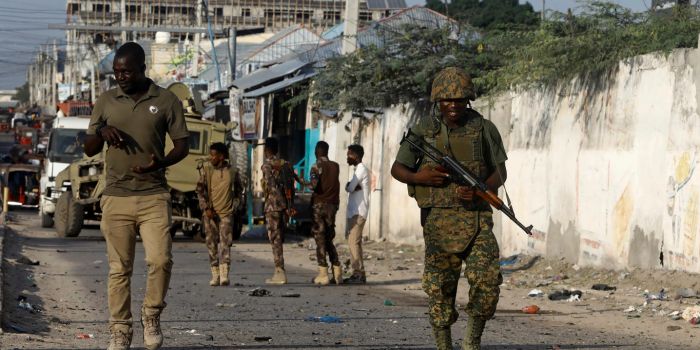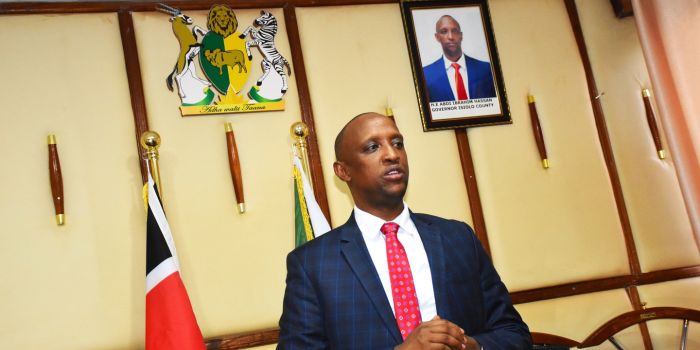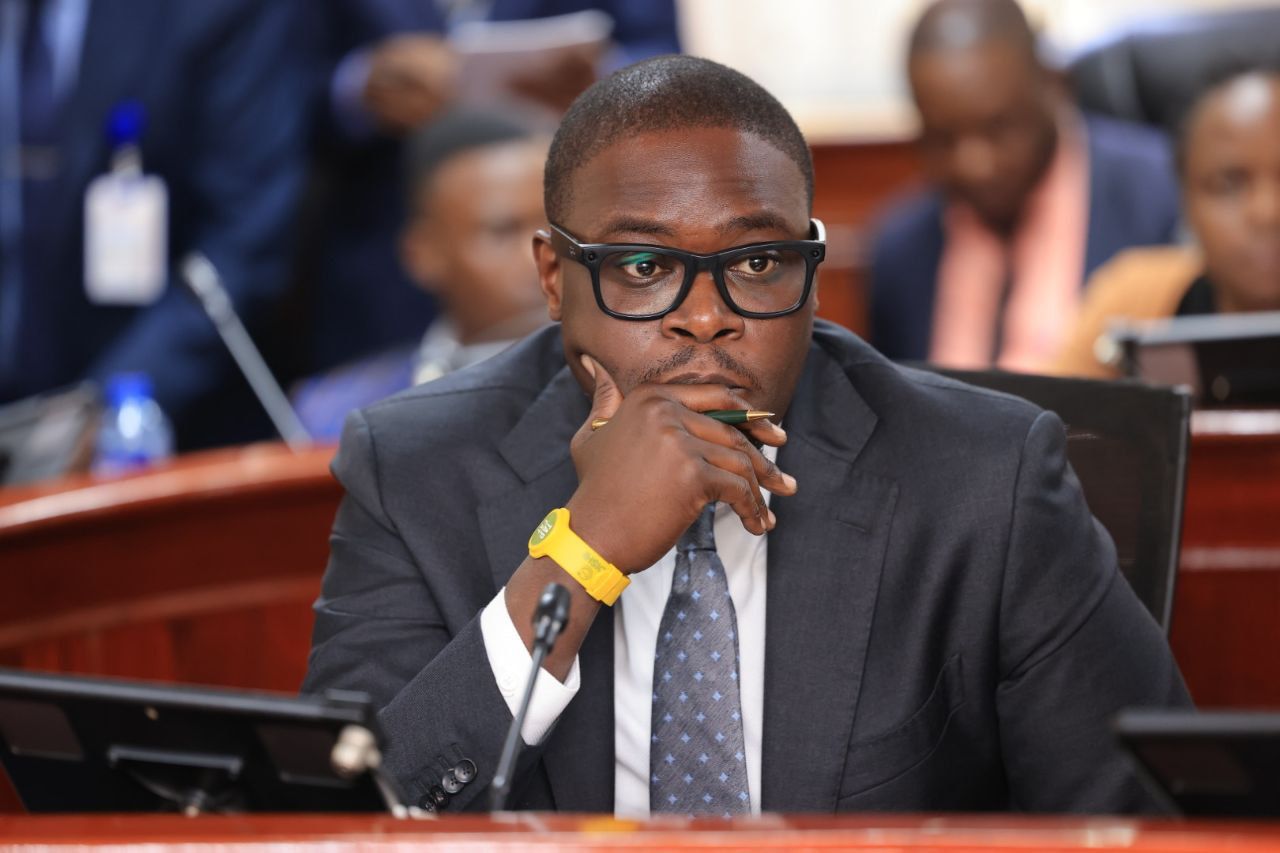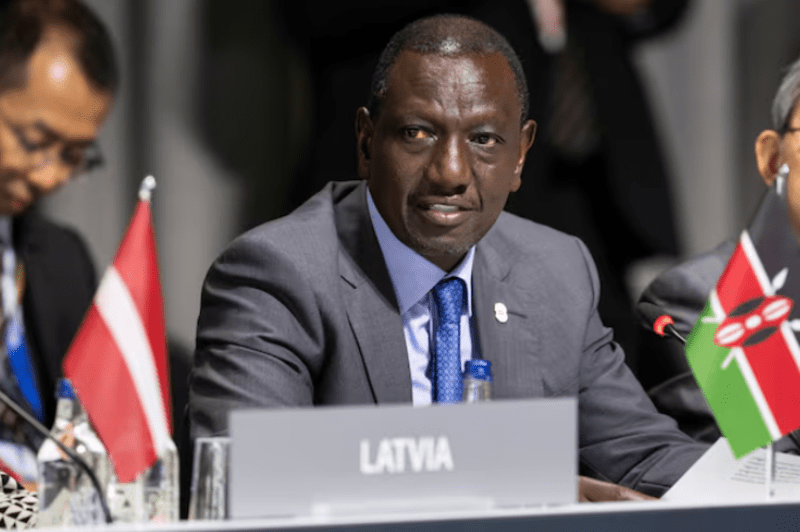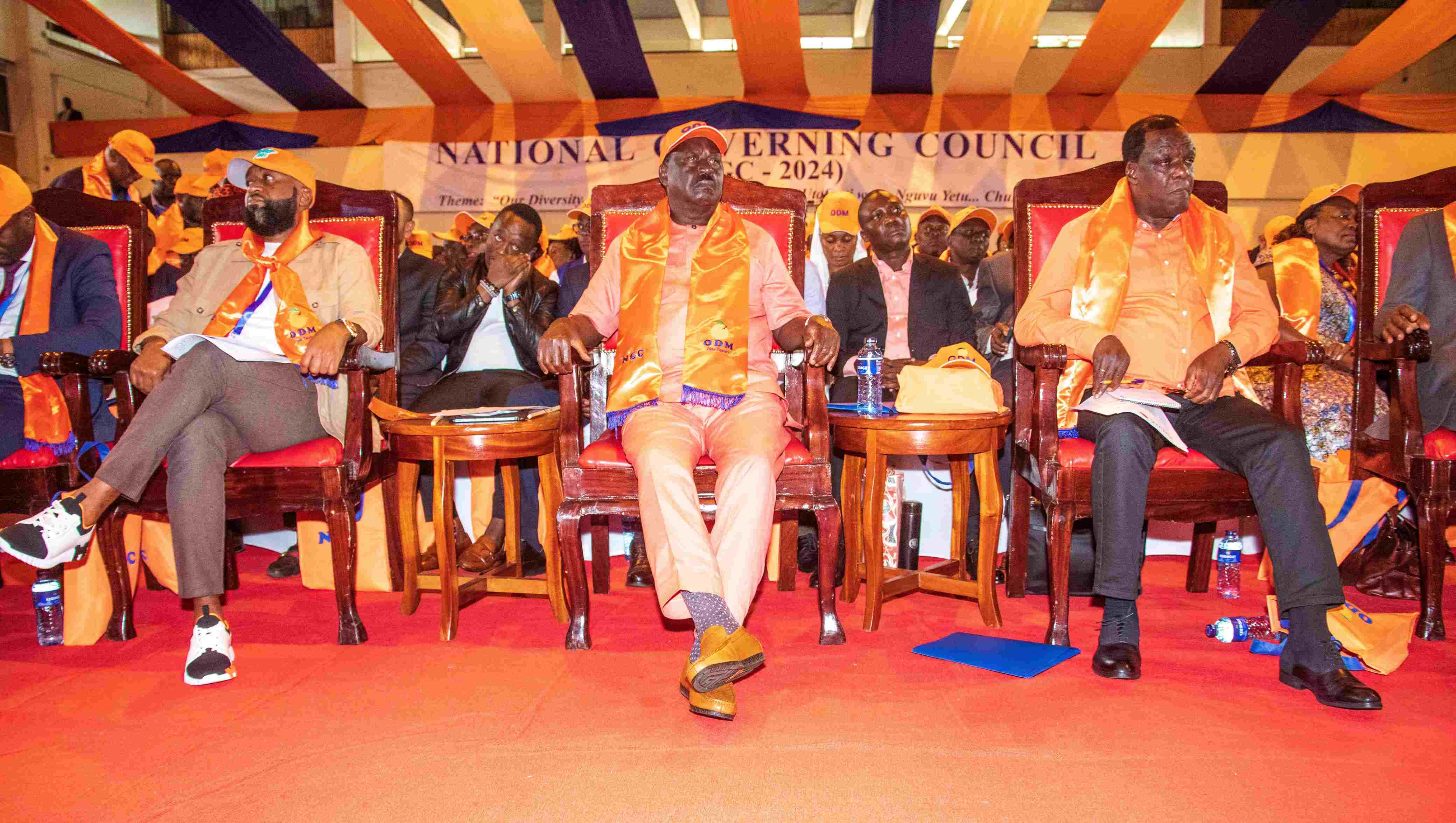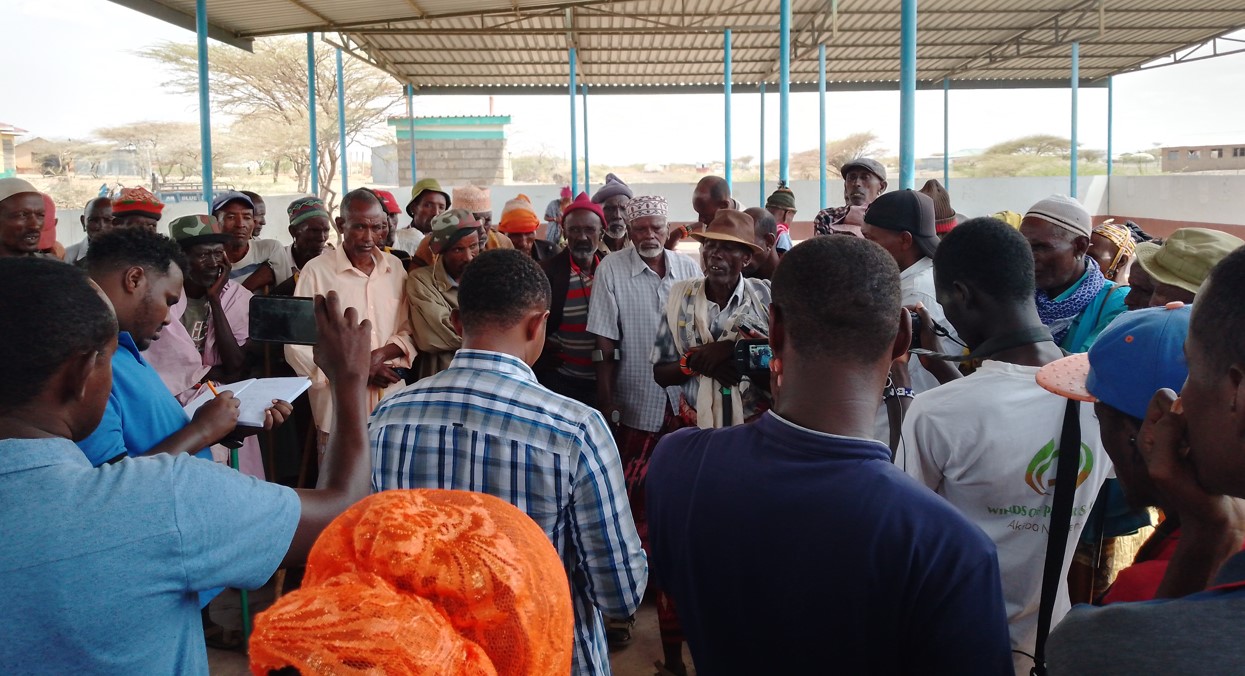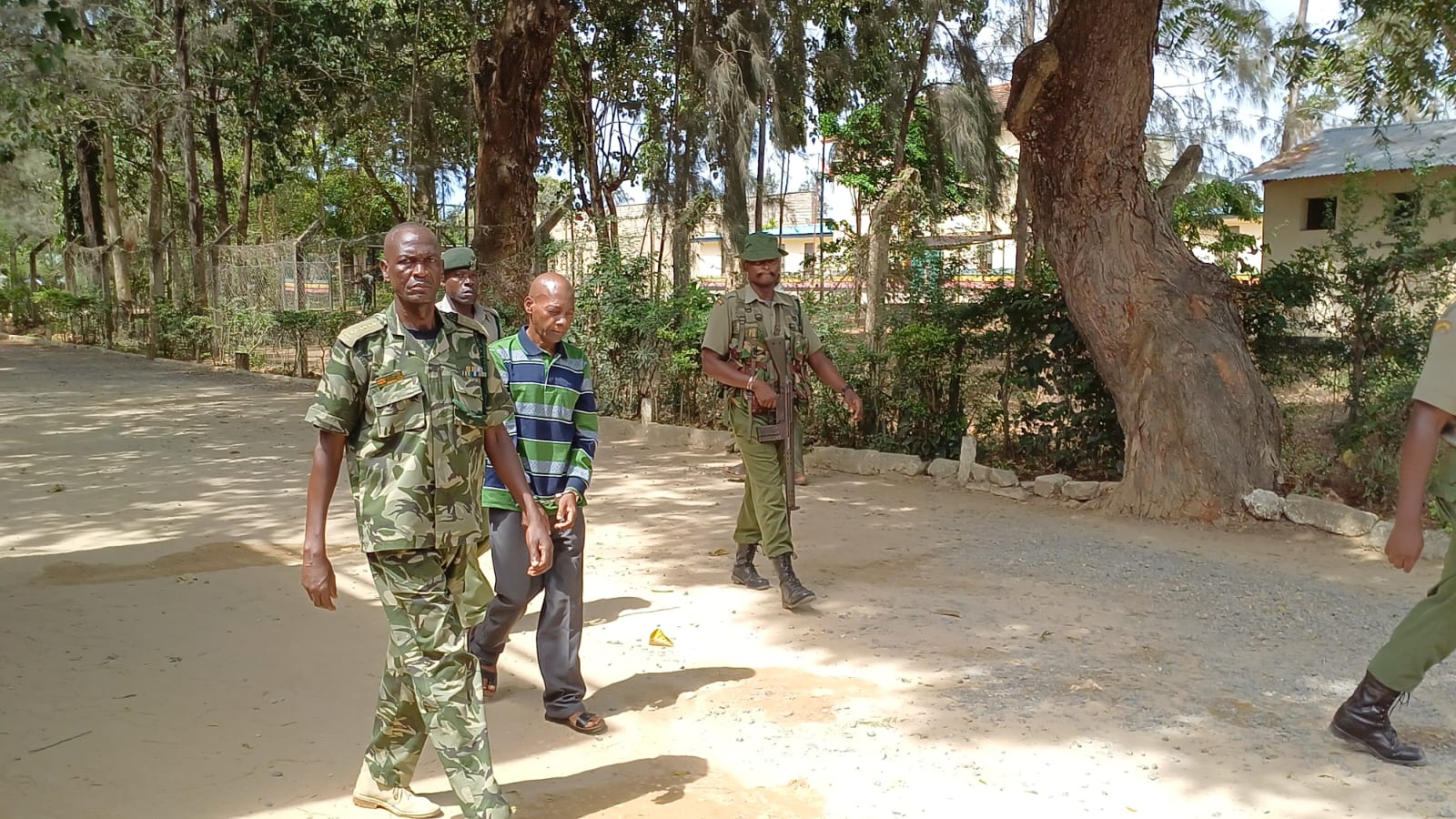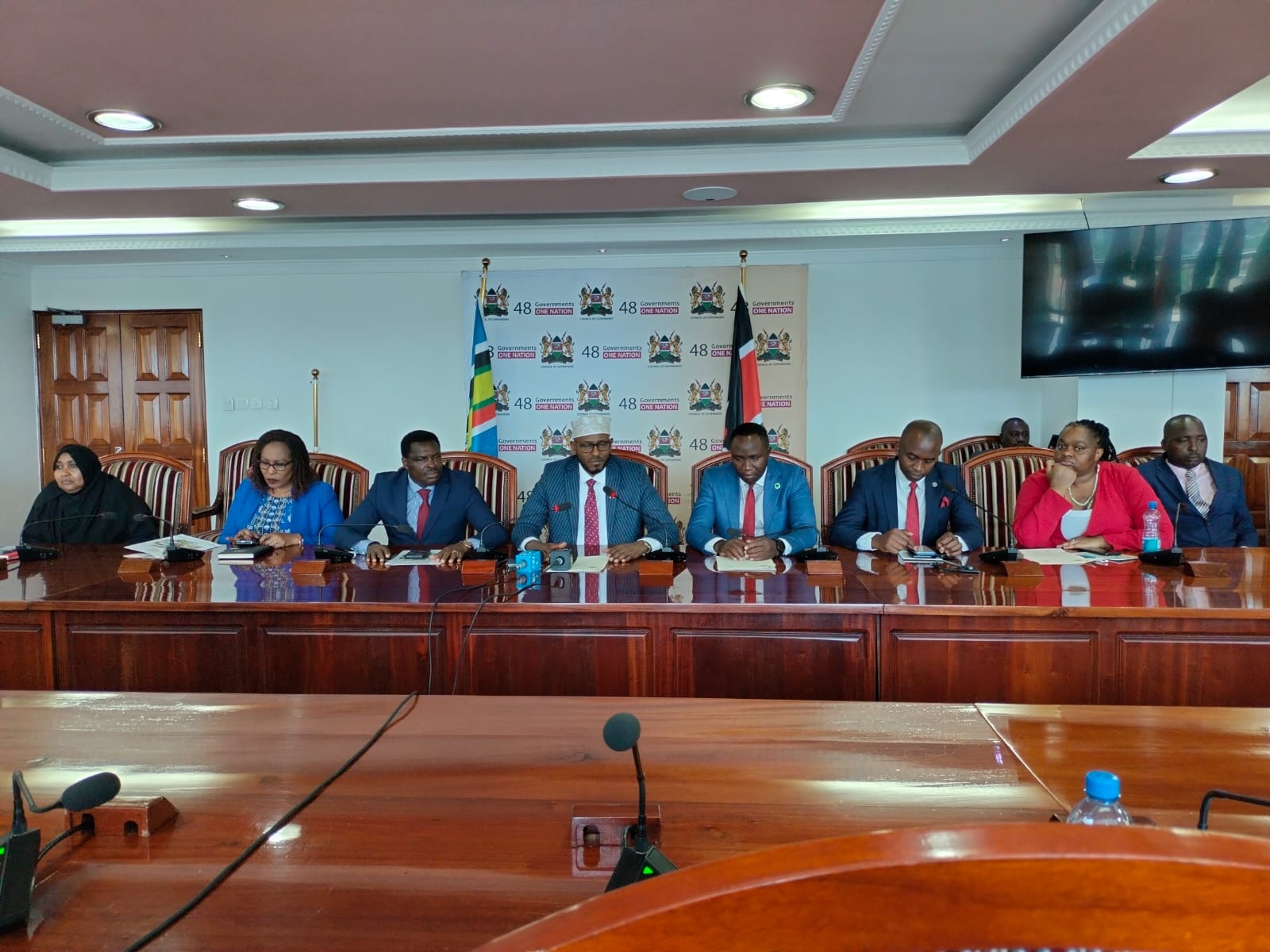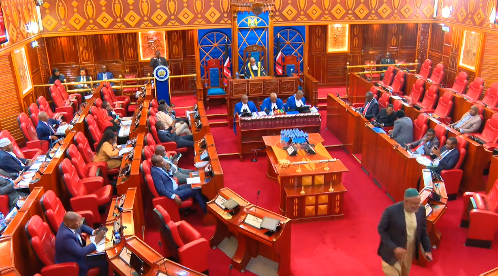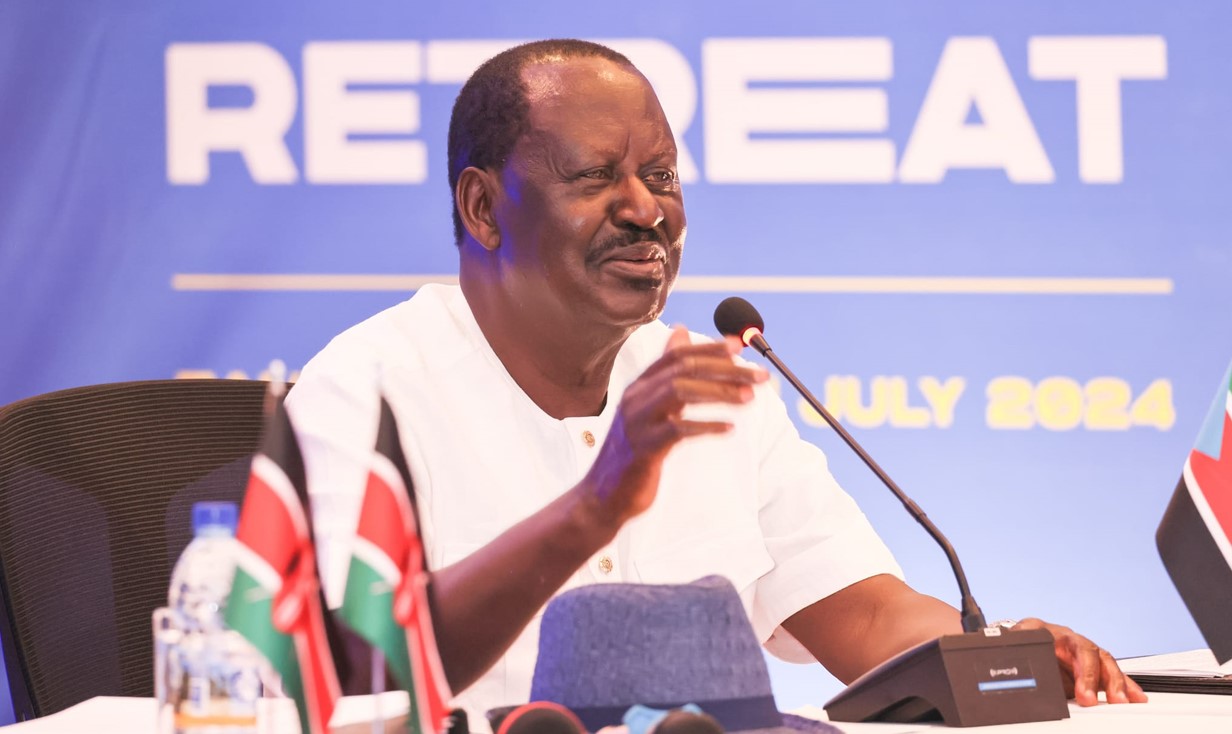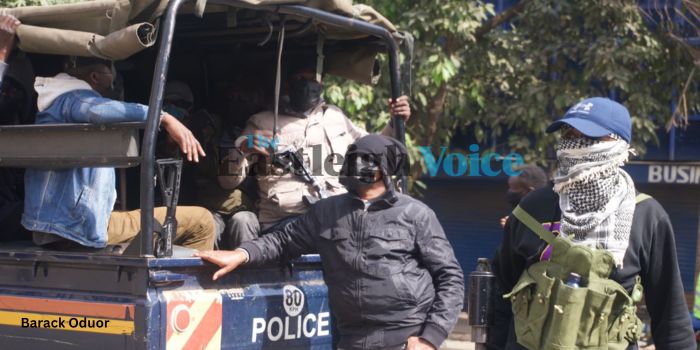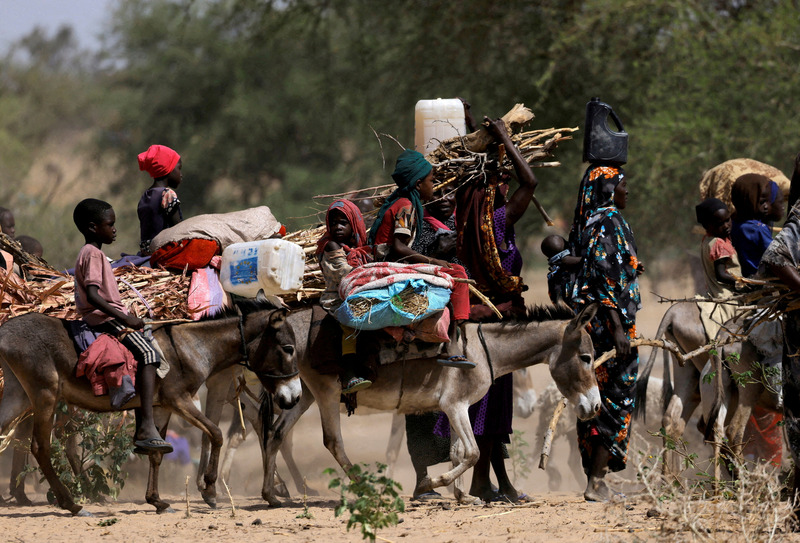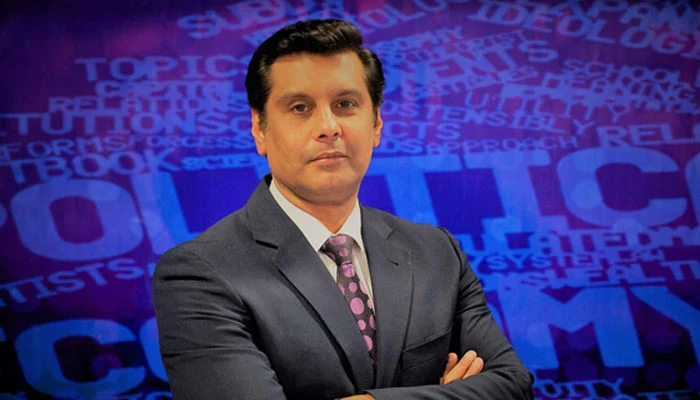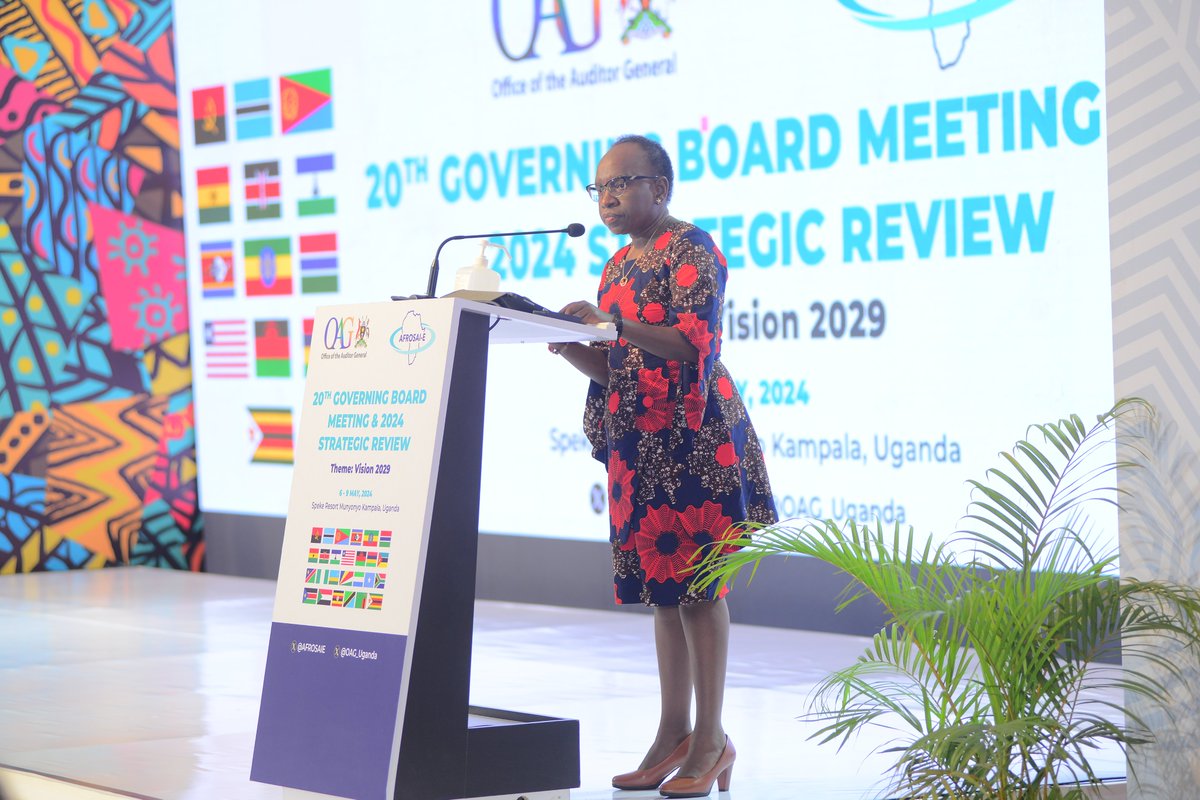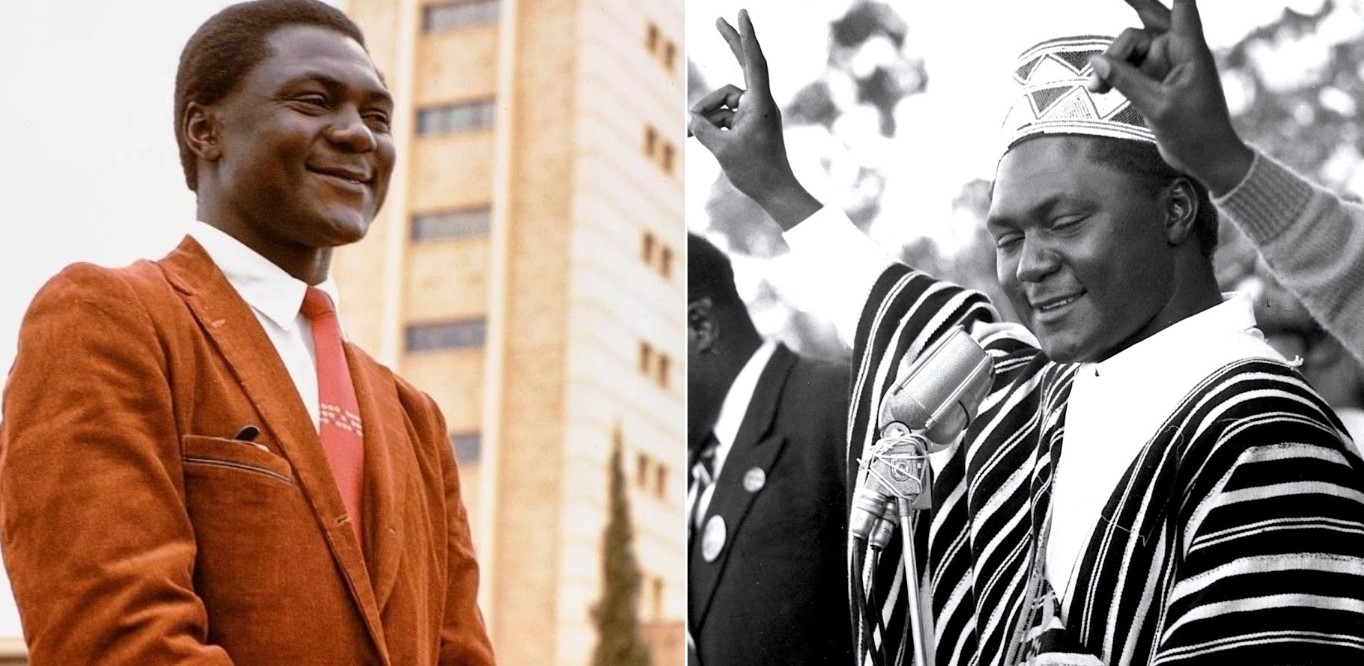Poland under pressure from Kinshasa over military cooperation with Rwanda
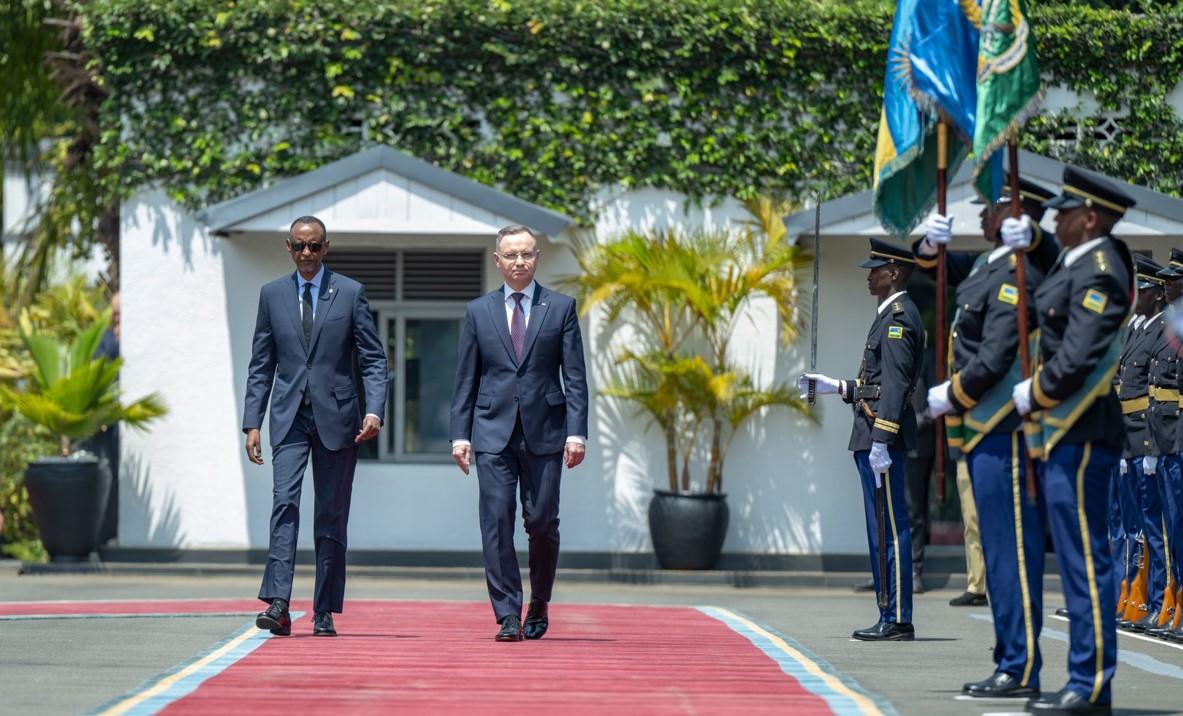
By Mwangi Maina |
The Polish leader visited Rwanda for a state visit in early February where he declared that Warsaw would provide defence support to Kigali in the event of any attack.
The Democratic Republic of Congo (DRC) has strongly condemned Poland's military support for Rwanda, as expressed by Polish leader Andrzej Duda during his recent visit to the East African Community country.
The Ministry of Foreign Affairs in the Democratic Republic of Congo recently denounced Poland's actions as "two-faced".
Keep reading
"The DRC reserves the right to draw the full consequences of this deliberate and indelicate behaviour by the Polish government," read the note verbale from Kinshasa.
Kinshasa asserts that Poland's president's recent visit indicates an alignment with Rwanda, despite Poland's previous support for the DRC in condemning Rwanda's alleged backing of rebels in eastern DRC at the UN assembly.
The Polish leader visited Rwanda for a state visit in early February where he declared that Warsaw would provide defence support to Kigali in the event of any attack, particularly amidst the ongoing tensions in the Great Lakes Region, with a focus on Rwanda's role in the bitter conflict in eastern Congo.
Notably, Poland is considered an "indispensable" ally of the United States of America in Europe, and both countries are members of the NATO military complex.
Criticism of Poland's president has come amid anti-Western protests that have continued in DRC's capital of Kinshasa for the past few weeks.
Congolese nationals protested against Western governments for their inadequacy in calling out Rwanda for its involvement in the crisis.
What followed were statements from Western capitals, notably Washington and Paris regarding Kigali's involvement in eastern DRC, urging the Rwandan authorities to withdraw their Defence Forces from Congolese territories to prevent further destabilisation in the region.
Washington has taken a certain stance on Rwanda, including cutting all military ties with Kigali, but Poland, an American ally, appears to be aligning with a different perspective.
Human Rights Watch has previously cautioned that diplomatic engagements with Rwanda should not overlook the plight of M23's victims, advocating for the prosecution of alleged war criminals.
Poland-Rwanda Pact
Behind a closed-door meeting in Kigali on February 7, President Duda and his Rwandan counterpart Paul Kagame engaged in bold discussions about defence cooperation which irked Kinshasa.
Warsaw agreed to provide defence support to Kigali in case of any military attack.
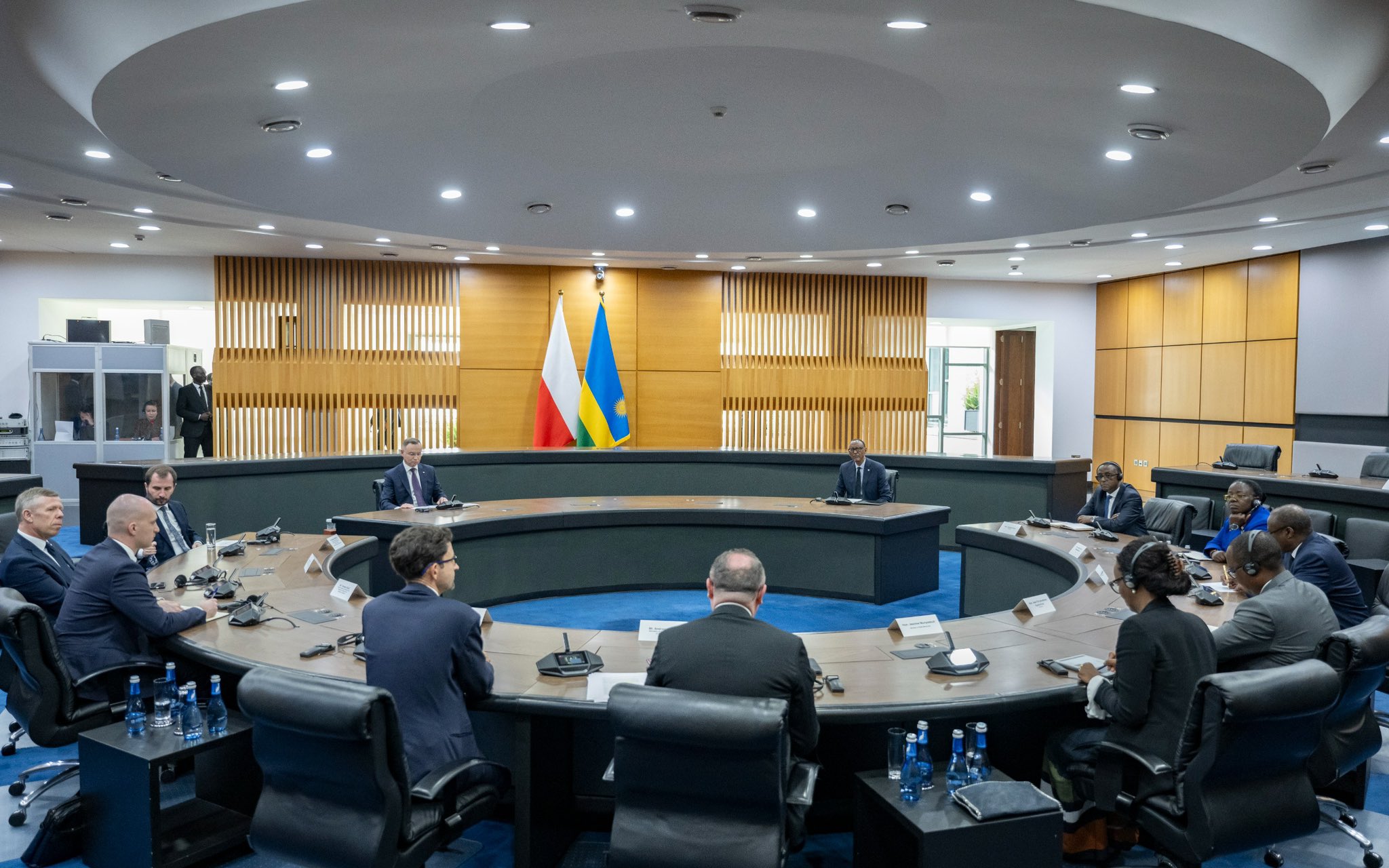 Rwanda President Paul Kagame and his Polish counterpart Andrzej Duda after a meeting in Kigali on February 7, 2024. (Photo: Rwanda Presidency)
Rwanda President Paul Kagame and his Polish counterpart Andrzej Duda after a meeting in Kigali on February 7, 2024. (Photo: Rwanda Presidency)
Rwanda and Poland signed a military deal in December 2022.
"If Rwanda is ever in danger, we will also support it," said Duda during a joint press conference in Kigali.
"Poland is looking for reliable partners in African countries that share common values. We do not doubt that we find understanding and friends in Rwanda in this respect."
However, President Kagame refrained from mentioning the defence part during his media speech and instead focused on other bilateral issues.
The Eastleigh Voice understands that the Polish Defence Group and other Polish entities have established a significant presence in the Rwandan market over the years, finalising contracts for the sale of rifles, anti-drone radar, and helicopter maintenance and repair services.
With the looming military offensive threat from Kinshasa, Kigali recently acquired anti-aircraft missile systems.
But Dr Iain Overton of Action on Armed Violence says, "While nations have the sovereign right to forge military alliances, such deals must be scrutinised against the backdrop of human rights, the Poland-Rwanda agreement is no exception, and it behoves the international community to ensure that such exchanges do not fuel further violence."
Threats
The M23 rebels, which Kinshasa says is backed by Kigali, took seriously the threat posed by Chinese CH-4 combat drones deployed by the Congolese army to quell the insurgency.
According to UAS Vision, the CH-4 is a medium-altitude, long-endurance (MALE) unmanned aerial vehicle (UAV) equipped to carry a range of weapons like air-to-surface missiles and bombs.
UAS Vision, an independent global forum for the Unmanned Aircraft Systems community, highlights the attractiveness of Chinese drones due to their affordability and the less restrictive purchasing conditions they offer, making them appealing options for nations looking to enhance their defence capabilities.
These attack drones prompted Kigali to consider purchasing anti-drone systems to detect and intercept unwanted hostile drones and unmanned aerial vehicles.
Kigali recently issued a statement and said they have adjusted their military posturing due to Kinshasa's provocations.
However, the UN peacekeepers have widely reported that M23 wields advanced weaponry, presumed supplied by Rwanda.
These include surface-to-air missiles capable of downing drones, such as those deployed by Kinshasa for countering insurgency in the mineral-rich region.
Tensions between Congo and Rwanda have escalated, heightening the risk of a military confrontation that could draw in Burundi, which has deployed forces in eastern Congo to help the DRC fight the M23 rebels.





